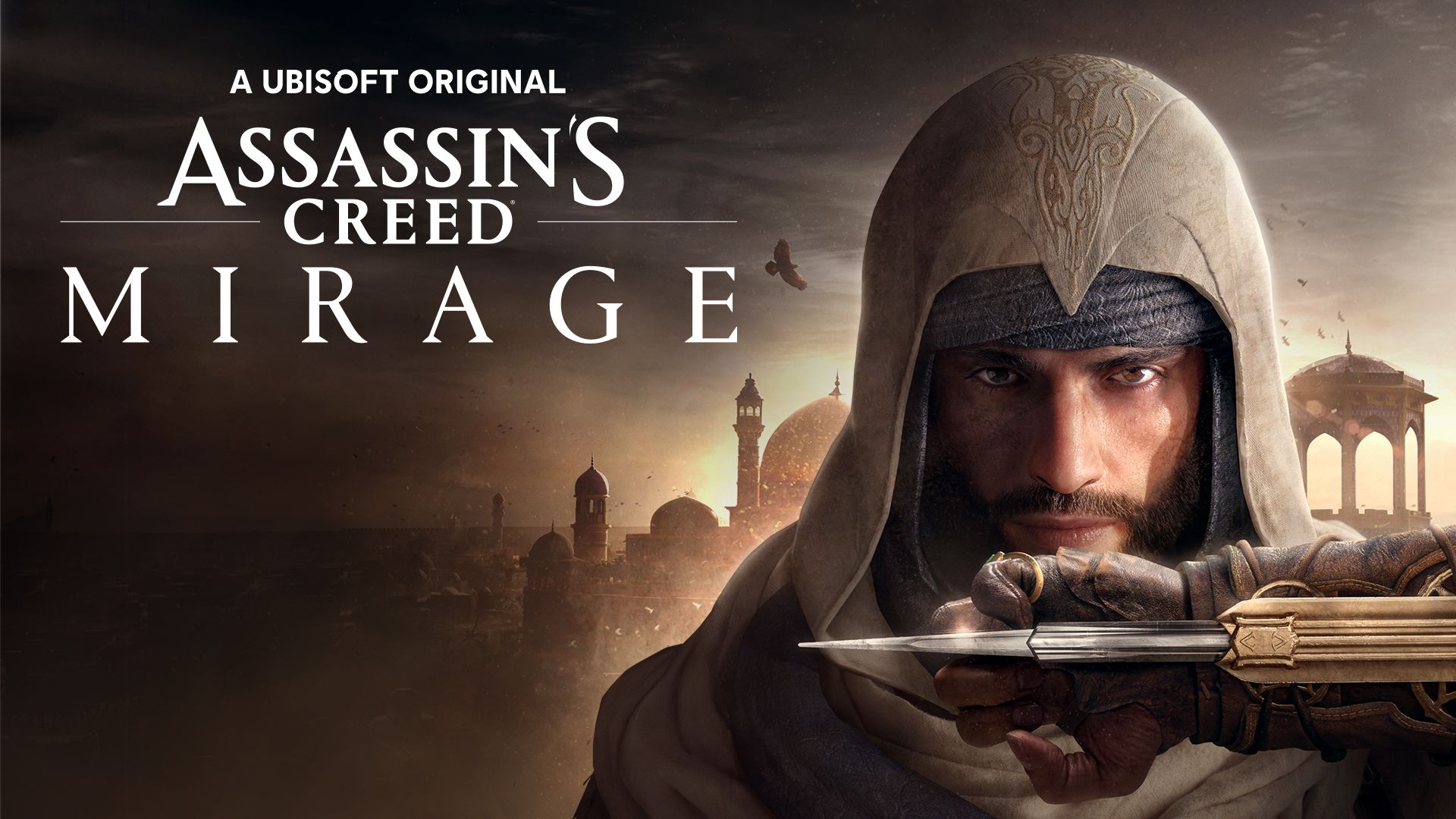The Assassin's Creed franchise, known for its deep historical narratives and immersive gameplay, has garnered widespread acclaim with its latest releases. Critics and players alike have praised the recent installments for their engaging storylines, expansive worlds, and innovative mechanics. However, the latest entries have also ignited a wave of controversy, with vocal critics accusing the games of pushing a "woke" agenda, while some of the content has stirred political tension with the Japanese government.
This mix of strong reviews and fierce backlash highlights the growing divide over representation in video games, and the complex intersection of culture, politics, and entertainment in the gaming world.
The Success of the Latest Releases
Critically, the newest Assassin’s Creed games have been met with positive feedback. The most recent title, Assassin's Creed: [Game Name], has been lauded for its return to more focused, stealth-driven gameplay and its beautifully recreated historical settings. Players have expressed appreciation for the game's return to form, where Assassin’s Creed blends action, parkour, and stealth with a deeply immersive world.
With a focus on historical authenticity, the game delves into the past with meticulous attention to detail. Set in ancient and culturally rich settings, the narrative-driven approach has drawn praise for its fresh take on classic Assassin's Creed themes. From the game's cutting-edge graphics to the reworked mechanics, Assassin's Creed: [Game Name] represents a high point for the series in terms of both critical reception and fan engagement.
Anti-‘Woke’ Backlash: A Growing Divide in the Gaming Community
Despite the positive reviews, the new Assassin's Creed releases have also sparked a significant backlash, with some critics accusing the games of being “too woke.” The controversy largely centers around the inclusion of diverse characters, storylines that focus on themes of social justice, and moments that challenge traditional gender and racial roles.
One key area of debate is the portrayal of female and minority characters as central figures in the game’s plot. While some fans praise this move as a step forward for inclusivity, others argue that it detracts from the historical authenticity the franchise is known for. This backlash has sparked a broader debate about the role of politics and social issues in video games, with critics claiming that these elements are being shoehorned into gameplay in a way that feels forced or divisive.
The anti-‘woke’ sentiment within the gaming community has become increasingly vocal, with some players suggesting that Assassin's Creed should focus more on historical accuracy and less on contemporary issues. This controversy, often fueled by online forums and social media, has led to a polarizing atmosphere where fans are torn between embracing diversity and staying true to the series’ traditional formula.
Political Controversy: Tensions with the Japanese Government
In addition to the internal debates about social themes, the latest Assassin's Creed installment has also sparked political tensions, this time with the Japanese government. Several elements in the game’s depiction of Japan and its history have raised eyebrows in Tokyo.
Particularly controversial is the game's portrayal of certain historical figures and events, which some Japanese officials have labeled as historically inaccurate or offensive. These objections seem to stem from the portrayal of sensitive topics such as Japan’s wartime history, its samurai culture, and the country’s role in certain historical conflicts. While Assassin's Creed is known for its blending of fact and fiction, the Japanese government has expressed concerns about the accuracy and cultural sensitivity of these portrayals.
In response to the outcry, Ubisoft has issued a statement emphasizing its commitment to respecting cultural representations, noting that the game is meant to inspire interest in history rather than serve as an exact depiction. Nonetheless, the controversy has led to significant discussions in Japan about the role of foreign media in shaping public perception of the country’s history.
A Broader Conversation: Gaming, Politics, and Representation
The current Assassin’s Creed debate highlights the growing role of politics in gaming culture. As games continue to reach wider audiences across the globe, their influence on social and political discourse is more pronounced than ever. The inclusion of diverse characters, exploration of historical issues, and focus on representation are often seen as a natural progression in an increasingly globalized world. Yet, this has not come without resistance.
The anti-‘woke’ backlash seen in gaming communities often reflects broader societal debates about inclusivity, representation, and the pushback against perceived political correctness. As gaming becomes more mainstream, these debates will only intensify, forcing developers to balance artistic freedom with the expectations of a diverse and vocal fanbase.
Looking Ahead: What This Means for Assassin's Creed and the Future of Gaming
As the Assassin’s Creed series continues to evolve, it is clear that the franchise is at a crossroads. The success of its latest releases proves that Ubisoft can still captivate players with its rich storytelling and innovative mechanics. However, the increasing focus on social issues and the push for more inclusive narratives will likely continue to spark debate among fans, critics, and political figures alike.
The question for Ubisoft and other game developers is how to navigate this cultural divide while staying true to their creative vision. Can they strike the right balance between authenticity, inclusivity, and gameplay? Only time will tell, but one thing is for sure: Assassin’s Creed will continue to be at the forefront of discussions about the role of video games in shaping our understanding of history, culture, and identity.
As the gaming world continues to evolve, one thing remains certain: Assassin’s Creed will always be more than just a game. It is a reflection of the complex intersection between entertainment, history, and society itself.

